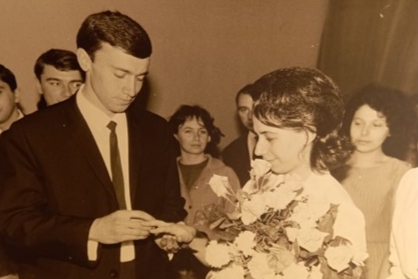
by Theodor M. A. Davidoff | 24 Mar 2022 | Discovery, Europe, Identity, Personal Reflections, Politics, Realgymnasium Rämibühl Zürich, Student Posts, Youth Voices
My grandmother has spent her entire life in Georgia. The Soviet Union was not all bad, she said, but Georgia’s dawning independence was beautiful. My grandfather and grandmother, Ellen Bagdasarian Davidova, getting married in 1967 “My name is Ellen Davidova,...
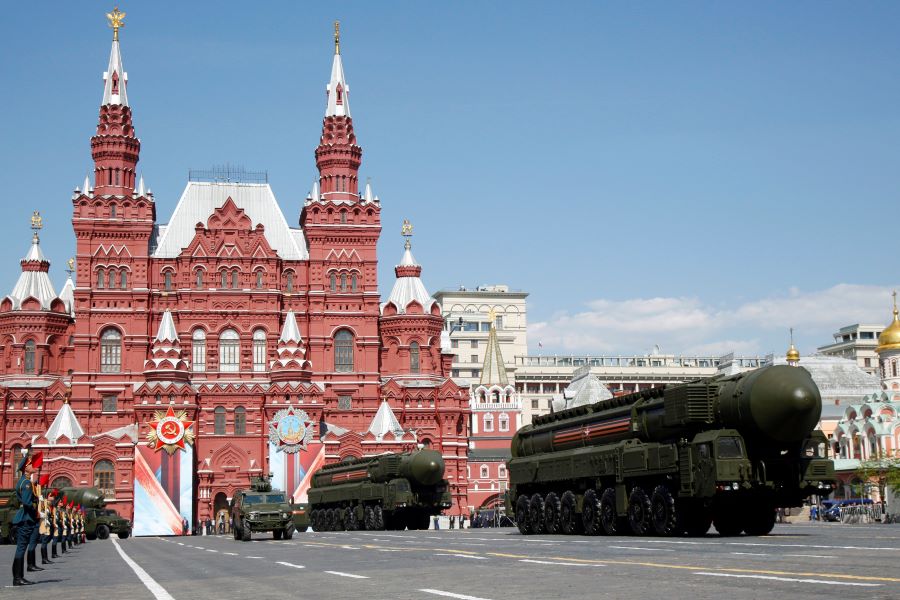
by Harvey Morris | 22 Mar 2022 | Conflict, Decoders, Educators' Catalog, Ukraine, World
Three decades after the collapse of the Soviet Union, Russia’s invasion of Ukraine has revived dormant fears of a catastrophic nuclear war. Russian missile launchers, capable of firing nuclear warheads, in Red Square in Moscow, Russia, 9 May 2016 (AP...
The world’s optimists thought the era of Mutually Assured Destruction was over with the collapse of the Soviet Union, but Russia’s invasion of Ukraine has stirred fears of nuclear war – anxieties that many young people around the world have never experienced. Harvey Morris takes a horrific topic – what he calls “a suicide pact between the superpowers” – and examines the irony of the nuclear age: that to ensure there would be no nuclear war, the United States and the Soviet Union both had to have weapons of mass destruction. He offers a highly readable introduction to the harsh realities of the nuclear age – realities that all generations are compelled to live with.
Exercise: Ask your students to debate the resolution: “The best way to ensure there will never be nuclear war is to ensure adversaries have recourse to nuclear weapons.”
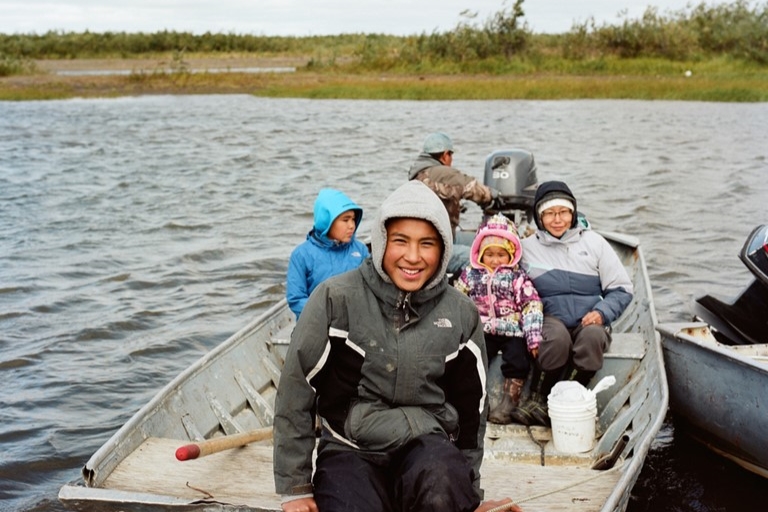
by Susanne Courtney | 11 Mar 2022 | Climate change, Educators' Catalog, Environment, Politics, Ukraine, World
The Arctic has long been a region of peace. Russia’s invasion of Ukraine is jeopardizing cooperation in the vast zone threatened by climate change. An Inuit family in Quinhagak, Alaska, 2015 (Photo by Brian Adams, courtesy of the Inuit Circumpolar Council)...
War in Ukraine has unleashed a tsunami of ink – about geopolitics, military alliances, weaponry, diplomacy, history. A relatively little noticed but hugely important angle is the future of the Arctic, which has eight nations, including two nuclear powers, the United States and Russia, staking a claim to portions of the vast region. Susanne Courtney introduces us to the relatively little known Arctic Council, which is sure to assume more and more importance as global warming opens up new shipping routes and facilitates the extraction of valuable natural resources. It’s never too early to be ahead of the news curve.
Exercise: Ask your students to debate the resolution: “Seven member states of the Arctic Council acted unwisely in boycotting talks with Moscow after Russia invaded Ukraine.”
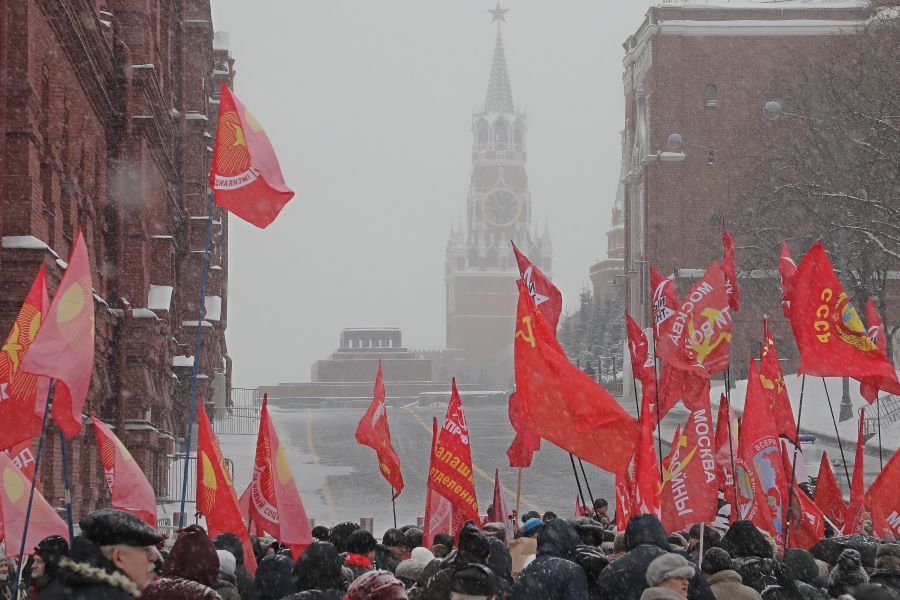
by Julian Nundy | 7 Mar 2022 | Asia, Conflict, Decoders, Educators' Catalog, Europe, Future of Democracy, Human Rights, Politics, Ukraine
Russian President Vladimir Putin has said the fall of the Soviet Union was a catastrophe. What was the USSR, and what does Putin really want? Russian communist party supporters commemorate the death anniversary of the founder of the former Soviet Union, Vladimir...
It’s next to impossible to fathom why Russia might have invaded Ukraine without understanding the Soviet Union and Vladimir Putin’s attachment to the notion of an empire led by Moscow. Few are better placed than Julian Nundy, whose links to Ukraine go back more than half a century, to explain the complex relationship between Russia and its western neighbor. In his decoder, Nundy takes the reader from the upheaval of the Russian revolution to the collapse of the USSR and, with it, Russia’s loss of buffer states – for Putin, an intolerable affront.
Exercise: Ask your students to choose a revolution – if their country had a revolution, then that should be their focus – and to assess the good that may have come out of it, and the bad.
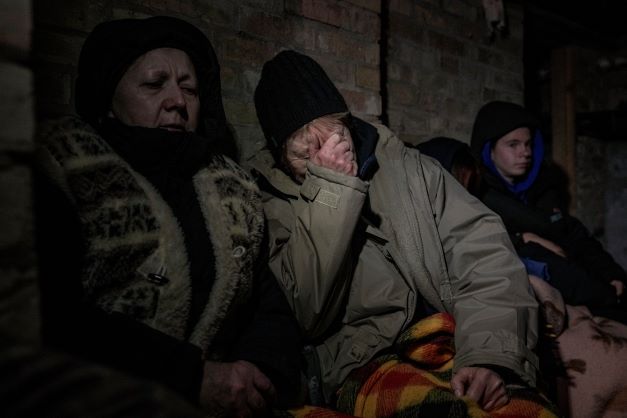
by Elaine Monaghan | 3 Mar 2022 | Conflict, Future of Democracy, Immigration, Politics, Refugees, Ukraine, World
Russia’s invasion of Ukraine begs questions that most young people have never asked. Here’s how to make sense of the conflict at the heart of Europe. A woman cries in a house crowded with people seeking shelter from Russian airstrikes, outside the capital...





